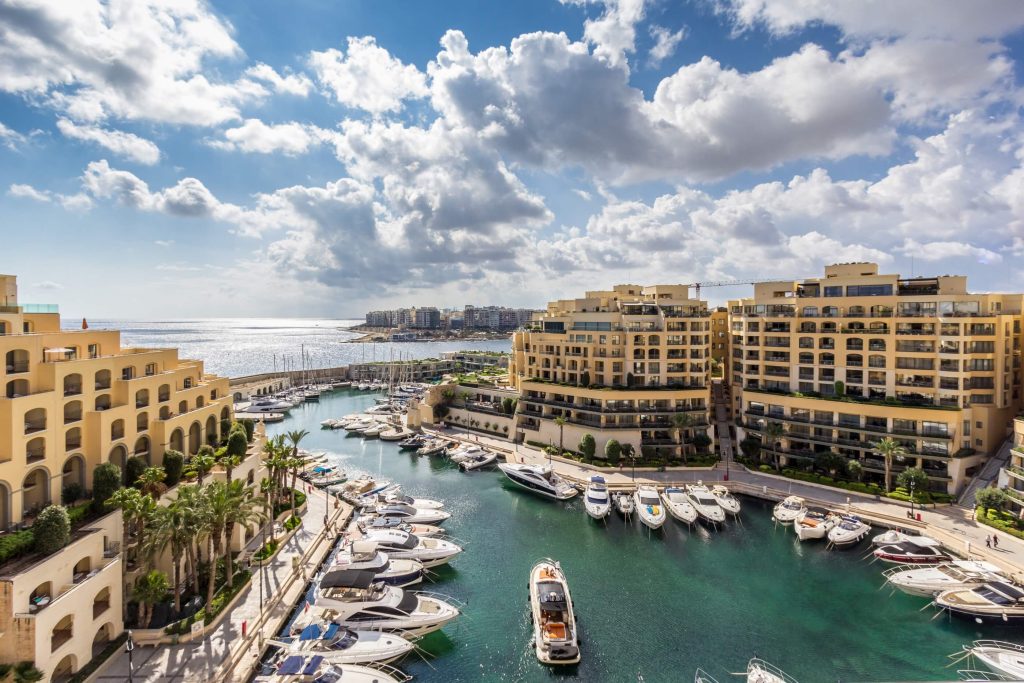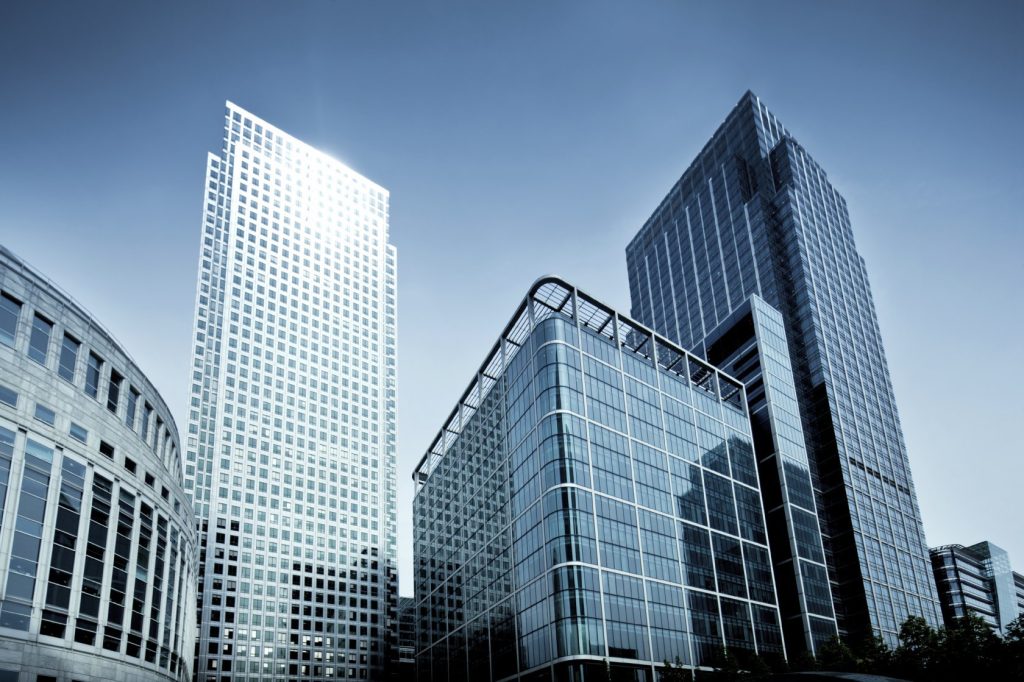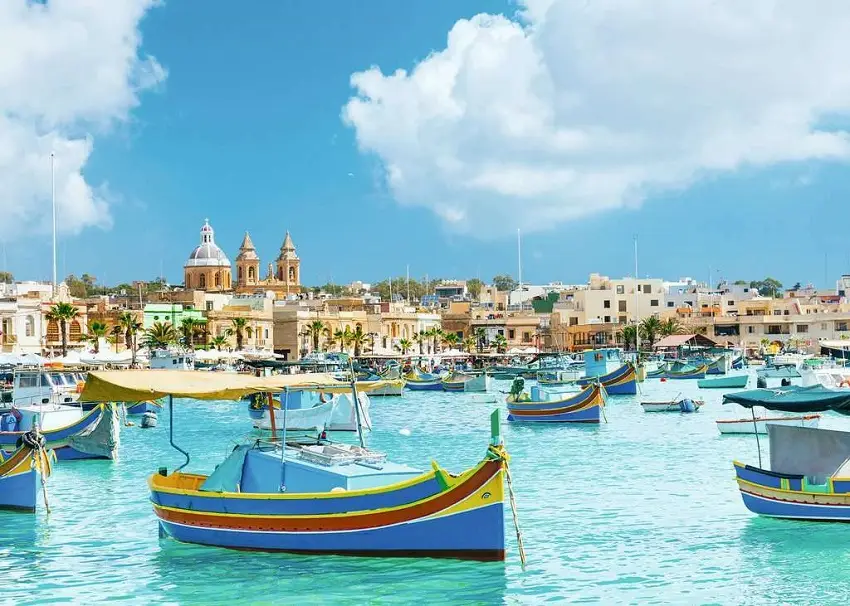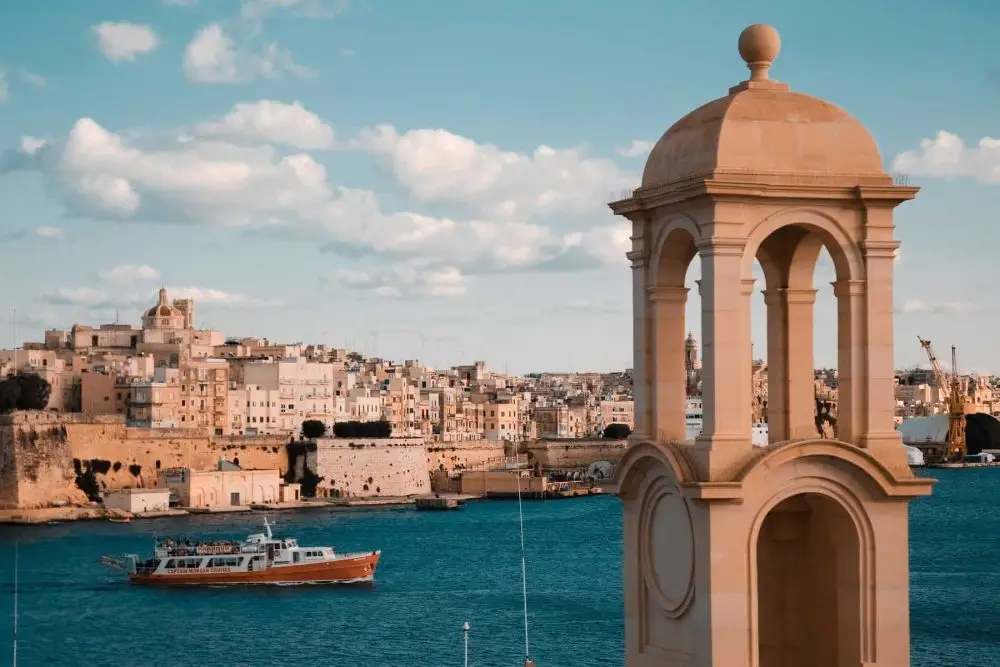For an investor, the answer to the question of what commercial property is, is the key to understanding a powerful financial instrument. Here, every square metre is active: it generates stable income, increases capital and serves as a reliable shield against inflation. Unlike the residential sector, business real estate requires deep business thinking, careful analysis and precise calculations, but its returns are incomparably higher. It is not just a purchase, but a strategic investment in the growth of your wealth.
What is commercial property?
Unlike residential, it doesn’t just “live” – it works. Rental income, value growth, inflation protection – each unit of space becomes an economic lever.
By definition, commercial facilities include premises used to generate profit: office, retail, industrial, warehouse and street retail formats.

The main distinguishing feature is the use of the space for income generation, rather than residential purposes. Hence, the key difference between residential and commercial property is its functional purpose and the way it participates in the economy.
Types affecting the strategy
 The type of property determines not only the yield, but also the asset management strategy. The operating format affects the lease term, liquidity and exit scenario of the investment.
The type of property determines not only the yield, but also the asset management strategy. The operating format affects the lease term, liquidity and exit scenario of the investment.
The market categorises assets by purpose and operating format:
- Office space concentrates demand from IT, consulting, development and other smart industries. Class A office space yields up to 12% per annum in Moscow if occupancy levels are high.
- Commercial property focuses on retail: from supermarkets to shopping malls. One anchor tenant at the Lenta or Magnit level will stabilise the cashflow for years.
- Warehousing gives minimal maintenance costs with the growing demand for fullfillment and logistics. For 2023, vacancy in the segment did not exceed 1.5% – a record for the last decade.
- Production facilities provide stability, especially when placed under a specific operator. Rental rates are lower, but the lease term is above the market average.
- Free-use premises can be flexibly adapted for salons, clinics, mini-offices. Minimal conversion costs – maximum variability.
What commercial property is, the very structure of the offer suggests: type, location and tenant determine the income model and the degree of risk.
How a square metre earns
Earning money from commercial property is not limited to renting. An investor uses several channels:
- Rental model – monthly receipts that generate passive income from commercial property. Yields range from 7% to 18% depending on the segment and region.
- Value growth – capital appreciation through inflation, improvements and locational renovation. A property on the outskirts may increase in value by 35% after the opening of a new transport interchange.
- Redevelopment – repurposing an obsolete building for new functionality, for example, from a warehouse to loft offices.
- Equity – purchase at the excavation stage and exit on completion at a 30-50% premium in 12-18 months.
- Buy to let – the sale & leaseback model eliminates downtime, with the tenant signing a long-term contract before the transaction.
Yield depends on the segment, condition of the facility, and geography. For example, in Kaliningrad, retail premises of the “district centre” format yield 14% per annum, while an office in the centre of St. Petersburg yields about 9%.
Pros and cons in numbers and details
Investing in for profit properties is traditionally thought of as a ‘safe haven’, but what is commercial property without sorting out the pros and cons?
Pros:
- The yield is higher than that of housing (by 3-7 p.p. on average).
- Contracts of 3-10 years fix the rate, providing stability.
- Capital depreciation is minimised – property is indexed faster than inflation.
- Ease of scaling – buying a second, third facility does not require reorganisation of the business.
- Professional management companies take care of the routine completely.
Minuses:
- The starting threshold is higher – entry from RUB 8 million, even in the regions.
- High correlation with economic activity – the residential sector suffers faster in a crisis.
- Difficulty in finding a tenant – downtime can be as long as 4-6 months.
- Difficulties in conversion – conversion requires permits and investment.
- The disadvantages of commercial property are magnified when there is a lack of diversification.
Rookie mistakes boil down to buying without analysing: ignoring location, condition, legal encumbrances and target model. For example, buying an office in a class “C” business centre without a tenant is not an investment, but a lottery.
How to avoid mistakes and increase profitability
Newcomers often seek quick results, ignoring strategic planning. To maximise profitability, it is important to consider not only the commercial property, but also who the end tenant will be. What maintenance costs will be required and what growth potential the property has.
Example: the acquisition of free space near a future metro station can increase capitalisation by 20-40% within 2 years. Analysis of transport accessibility, density, competition and infrastructure is critical. Street retail at the exit from the metro brings a rental flow higher by 25-30% than a similar space deeper into the neighbourhood.
An investor who uses professional tools – from legal due diligence to traffic analysis – minimises risks and gains a competitive advantage. A reliable contract, a quality tenant and a long-term strategy stabilise passive income from commercial property.
Examples of international strategies
The question of what constitutes commercial property becomes particularly relevant when entering foreign markets. One example is property investment in Malta. The island offers stable legislation, an English-speaking environment and a growing demand for office and retail properties. The rate of return is around 6-7% per annum, but with high capital protection and the possibility of a residence permit for purchases from €300,000.

In Lisbon, office space has increased in value by 43% over the last 5 years. In Dubai, retail properties show high liquidity due to the influx of tourism and a favourable tax system. But both there and in other locations the rule applies: without a deep analysis of the market and specifics – do not invest.
When it is most profitable to invest
The ideal moment to enter is not during a period of hype, but at the moment of correction. For example, in the second quarter of 2023, the market for industrial premises in the Moscow region showed an increase in rates by 7% due to limited supply – this was a signal to buy. That said, it is not “when” but “where” that is more important.
Commerce does not tolerate spontaneous decisions. An assessment of liquidity, projected profitability, the technical condition of the property and legal restrictions is a mandatory stage. A simple warehouse without heating can turn into a loss, while a properly zoned office in a promising location can become an asset with a yield of 15% or more.
What to consider when selecting a site
What is commercial property without a systematic approach to selection? A potential investor analyses:
- Tenant Target Audience.
- Neighbourhood Infrastructure.
- Segment Competition.
- Facility condition and hidden costs.
- History of the property and encumbrances.
- Prospects for the development of the territory.
Example: a coffee shop space near the university exit will provide steady traffic, but will require noise insulation, a storefront facade, and food profile approval. Lack of attention to detail is a direct path to mistakes and losses.
What is commercial property: conclusions
 What commercial property is a tool for sustainable capital growth. The object generates income, increases the value of investments and reduces inflation risks.
What commercial property is a tool for sustainable capital growth. The object generates income, increases the value of investments and reduces inflation risks.
The market requires calculation rather than intuition. Only strategy, analysis and understanding of risks turn the area into an asset, not an encumbrance.
 en
en  de
de  ar
ar  es
es  hi
hi  fr
fr  nl
nl  it
it  pt
pt  el
el 









